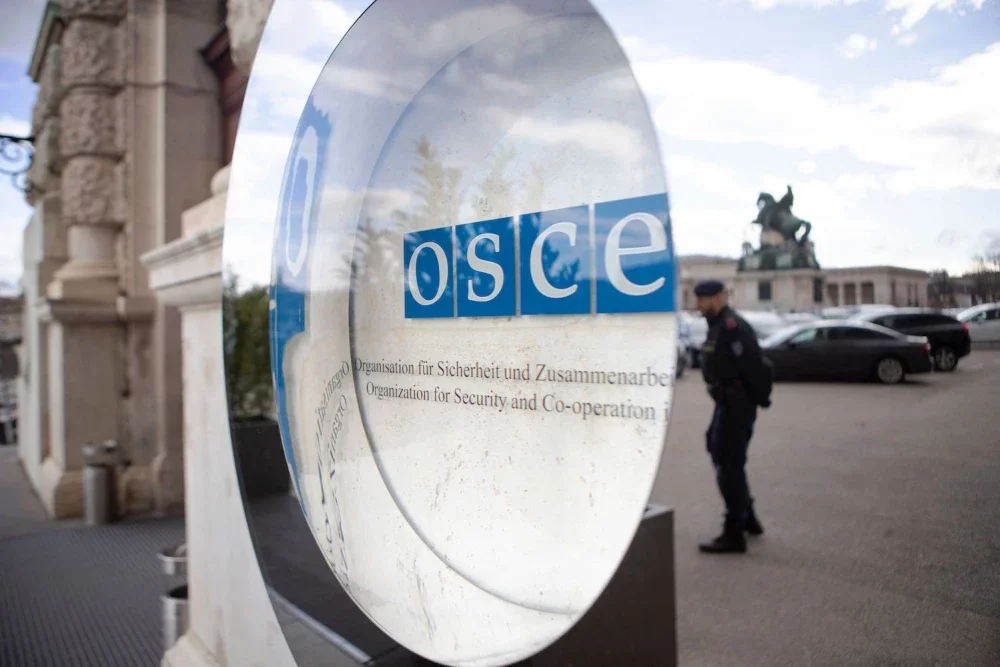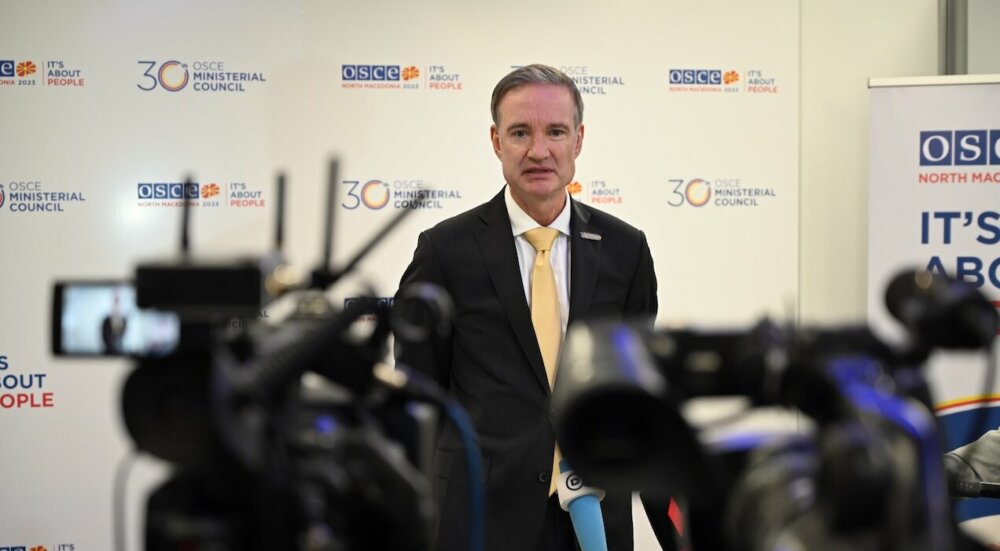Rumours of Canadas Departure: A Wake-up Call for the OSCE
The Organization for Security and Cooperation in Europe (OSCE) prides itself on being a security community stretching from “Vancouver to Vladivostok”. But if the rumors are true, the OSCE would have needed a new catch because apparently Canada was seriously considering leaving the organization.
On paper this makes sense. Canada is not part of Europe. It is the sixth largest contributor to the organization, but doesn’t see much of a return on its investment. There are few Canadians in senior positions in the organization. And Canada’s focus is moving from Europe to Asia. So why, when austerity measures are called for, should Canada continue being part of a Euro-Atlantic security organization that is losing its relevance?
Yet at second glance the OSCE is not a bad investment for Canada. Firstly, the OSCE’s focus is also shifting East: Kazakhstan had the Chairmanship of the OSCE in 2010; Mongolia will probably soon become an OSCE participating State; and as ISAF (including its Canadian troops) draws down in Afghanistan, there will be a need to scale up assistance to Central Asia where the OSCE has a strong presence. In short, if Canada wants to be a player in Eurasia, the OSCE is the place to be.
Secondly, while Canada may have plenty of economic partners in Asia, it has few allies. The OSCE brings Canada around the table with states with which it shares strategic interests in the Northern hemisphere. If there is to be a security community that binds North America together with the European Union, Russia, Turkey, the former Soviet republics all the way out to Central Asia (what Zbigniew Brzezinski calls the “greater West”), then Canada should be part of it.
Thirdly, the OSCE deals with many issues that are (or should be) Canadian foreign policy priorities: it is a values-based organization; it can play a role in post-ISAF Afghanistan; it deals with transnational threats and challenges; it assists in stabilizing some of Europe’s hot-spots; and it is the biggest regional forum in the world for dialogue on issues related to security and cooperation in the northern hemisphere.
Fourthly, the OSCE is a relatively cheap organization to be part of. Even as the sixth largest contributor, Canada’s share of the unified budget is only around €8 million.
Canada’s departure from the OSCE would have reflected badly on Canada. After failing to secure a non-permanent seat on the UN Security Council and then withdrawing from the Kyoto Protocol, people might start to wonder about Canada’s commitment to multi-lateralism. But this is a moot point since Canada is not leaving the OSCE after all.
But this rumor says as much about the OSCE as it does about Canada. Why would a founding member like Canada even think about leaving, and are similar debates going on within other capitals? How will the OSCE be affected by belt-tightening in treasuries everywhere? How can it demonstrate that it is still good value for money, and can achieve results? How can it sharpen its profile in relation to other multi-lateral organizations, and demonstrate that it is fit for purpose in the 21st century? These are questions that the OSCE needs to answer as it looks to strengthen its effectiveness. Rumors of Canada’s possible departure should be a wake-up call for the OSCE.
Since Canada is staying, perhaps it will now play a more active role. The post of OSCE High Commissioner on National Minorities will be vacant in the middle of 2013; with Canada’s track record on multi-culturalism and integration, why not propose an eminent Canadian candidate? The OSCE has plenty of field operations that need heads of mission; why not put forward some good Canadians, particularly women? And why not go for the Chairmanship of the OSCE in 2016? This would demonstrate Canada’s commitment to security and cooperation in the northern hemisphere, it would raise Canada’s profile, strengthen partnerships and create new opportunities with a wide range of countries, and it would enable Canada to have greater influence in debates related to Arctic security, security and cooperation in Asia, and inter-cultural dialogue.
Let us hope that for the forseeable future that the OSCE area continues to stretch from Vancouver to Vladivostock.



Comments
* Your email address will not be published